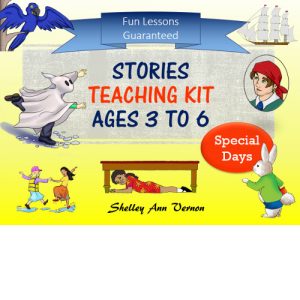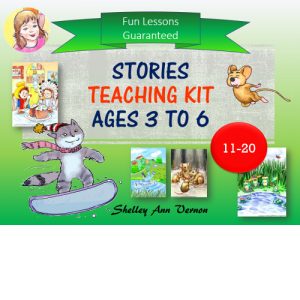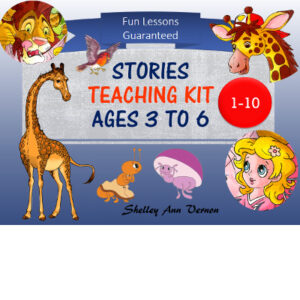The problem
I had a new private student 1-2-1 last weekend, and I used your materials, but this 5-year-old pupil can’t memorize anything or learn the material. Actually, I know the problem is on my end because your materials are really great. So I just need some help implementing them since I’m a new teacher, and any advice would be greatly appreciated. The student is five-years-old.
Why this 5-year-old pupil can’t memorize
The chances are this teacher is trying to teach too much in one go and is not doing enough repetition. When I say ‘enough’ repetition, I mean however much this child needs, and it might be a lot! That is why it is so important to have a massive variety of games and activities to repeat words as much as is needed without the lesson being boring.
Help and solutions
First, start with three single vocabulary words and drill them through listening games. Work on those words until the student understands them and can respond correctly to them. Then, feed in a fourth new word and use more games to drill the four words. Go up to six new ones in a lesson if the pupil is doing well.
If the student is struggling, do not introduce any more new words, but if he is doing well, add a fourth word and continue the games to drill all four. Then, feed in up to two more new terms, teaching a maximum of six in one session. Any more than six new words in a lesson can result in the student not remembering any of them! Only move on to speaking games when the student has memorized what the words mean when he hears them. To make the lesson fun and effective, the student will need to hear these words many times, and games are a way to achieve that.
Ideas to help pupils memorize vocabulary
In my ready-made curricula of stories and lesson plans, teachers only need to follow the steps to succeed. In story one (I’m Hungry,) you teach three animals: ant, spider, and bird. Play as many games with these three words as you have to until most pupils recognize them. For example, name one of the animals and have students:
– jump on a picture,
– mime the animal,
– make the sound of the animal
– search for it hidden about the classroom
– run over to it, point to it
– Three students each mime one of the animals. Name one of the animals, and the rest of the group point to or touch the pupil miming the animal you named.
– Students walk around the classroom to music, stop the music, name an animal, and kids freeze in a mime.
Move on to sentences
Once pupils understand these three words start to use a sentence from the story, such as “Hello ant, how are you?” Don’t expect pupils to say the sentence at this point, but just understand it and respond to ANT (through mime, or touching an ant picture, drawing an ant).
Move on to speaking games where children start to name the animals themselves, always in the context of activities and games.
Great resources to help students learn
Email me for help if you need it! And be sure to try out my free games, tips, and stories to learn this fun teaching method. You can get them via the free sign-up box for your age group on my contact page.
All the best,
Shelley Ann Vernon
-
Sale Product on sale
 Special Days Stories Teaching Kit + PowerPoints
Special Days Stories Teaching Kit + PowerPoints€39.97Original price was: €39.97.€29.33Current price is: €29.33. -
Sale Product on sale
 ESL Preschool Stories 11-20 Teaching Kit + PowerPoints
ESL Preschool Stories 11-20 Teaching Kit + PowerPoints€39.97Original price was: €39.97.€29.33Current price is: €29.33. -
Sale Product on sale
 ESL Preschool Stories 1-10 Teaching Kit + PowerPoints
ESL Preschool Stories 1-10 Teaching Kit + PowerPoints€39.97Original price was: €39.97.€29.33Current price is: €29.33.
Stories in paperback
Please visit Amazon to find my story books and games books in paperback and Kindle. Please click to visit my author page: Shelley Ann Vernon




2 thoughts on “My 5-year-old pupil can’t memorize”
Really! We give kids too much to memorise and are surprised why they learn nothing.
Hello Irina,
Yes, try it for yourself with your pupils. To remember new words pupils need to hear, say them and understand them, through pictures and gestures. For older pupils, they also need to see how they are written and write them. New words need drilling. Games are a fun way to do that. You’ll get further teaching LESS thoroughly than skimming over a mass of new language.
We need to skim over language too as part of our teaching approach. But one can’t expect kids to learn much if we only skim and never drill.
All the best
Shelley